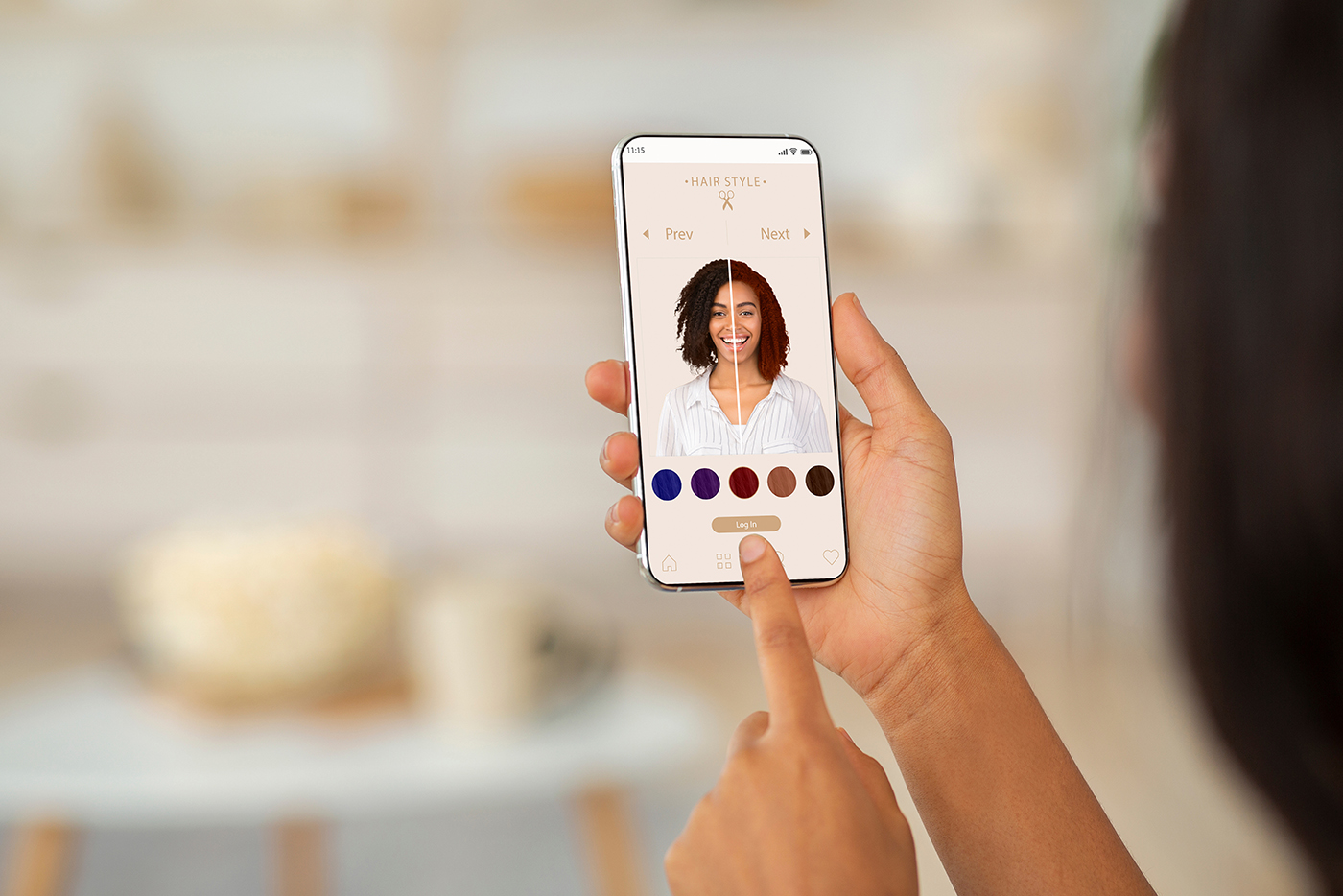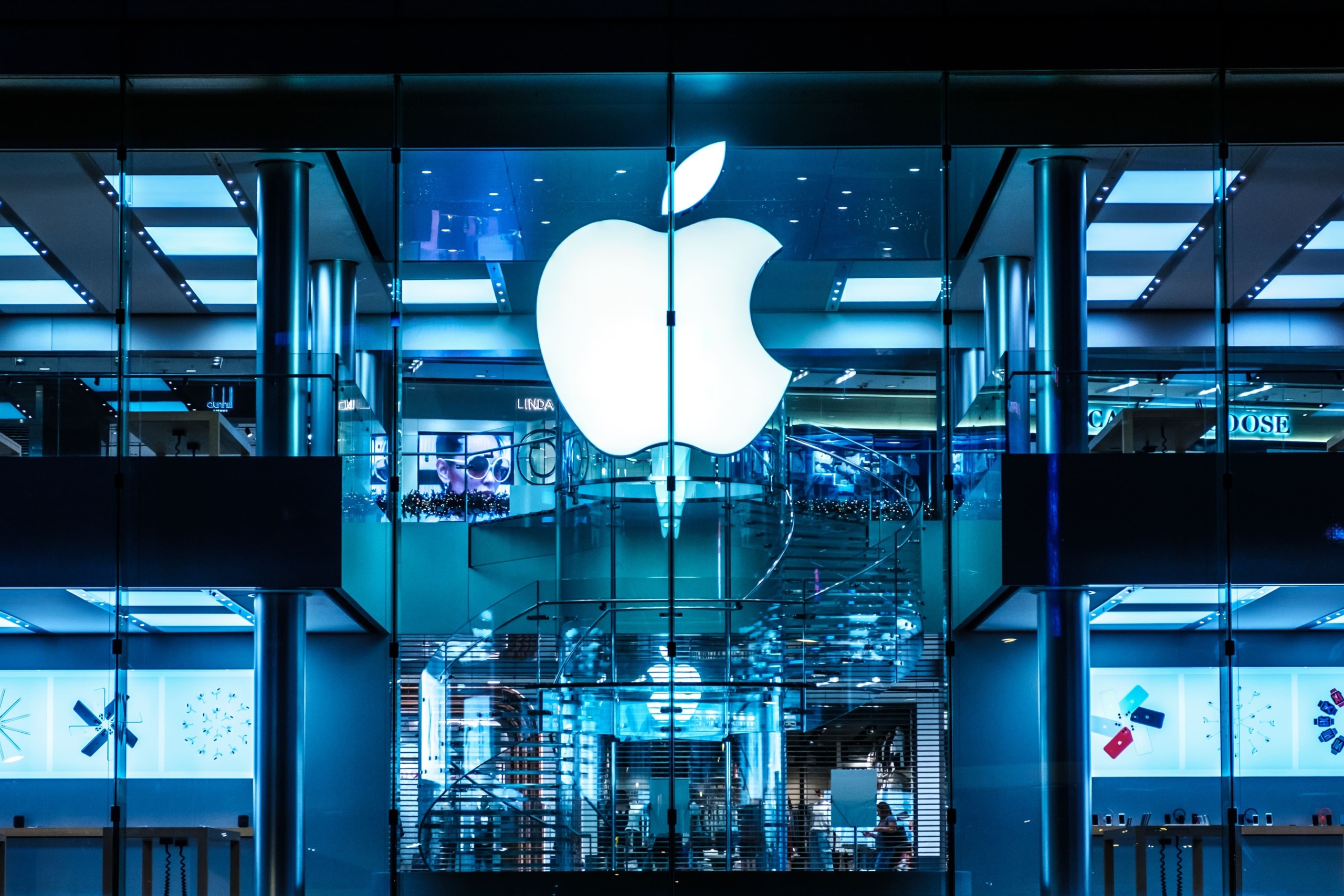Picture Perfect: The Hidden Consequences Of AI Beauty Filters
25 June 2023
These digital tools — which apply an overlay of “perfection” to our photos — have infiltrated our social media feeds, offering the allure of flawless skin, sparkling eyes, and picture-perfect features with a single tap.
But beneath the surface charm of AI beauty filters lie risks and implications that we should all be aware of. Let’s explore the mechanics of these beauty filters and talk about the potential dangers that lurk behind these seemingly innocuous tools.

What Are Beauty Filters, and How Do They Work?
Beauty filters, also known as makeup or selfie filters, are digital tools that use Artificial Intelligence (AI) and augmented reality (AR) technologies to alter and enhance the appearance of an individual's face in real-time. These filters give users the ability to modify their facial characteristics in selfies and videos, and they've become a staple feature of many social media platforms and photo-editing apps.
So how do these tools work?
Beauty filters use machine learning algorithms and computer vision technology to identify and map facial features. Then they superimpose digitally-generated layers onto a user's face to smooth out skin, contour face shape, resize facial features like eyes and lips, or even apply virtual makeup. Some advanced filters can adjust lighting and color balances to give the illusion of professional-grade photography.
The underlying artificial intelligence of beauty filters is trained on huge datasets that consist of a large array of facial images, so the models can recognize and adapt to different face shapes, skin tones, and facial expressions. Once the AI model identifies a user’s facial features, it applies enhancements according to the filter's functionality. With these enhancements, users can create a customized (and often idealized) version of their own face. This process occurs almost instantaneously, providing real-time results that users can preview and adjust before sharing the final output.
The technology of many beauty filters has become so sophisticated that it’s actually difficult for others to figure out where and when they’re being applied.
TikTok’s Bold Glamour Filter
TikTok launched its new Bold Glamour Filter in February 2023, and it immediately started making waves in the online community.
The filter uses highly advanced AI to basically overhaul and remold users’ faces into something entirely new. The filter can do things like sculpt your chin, thin or reshape your nose, whiten your teeth, and brighten your eyes. Many users say they are almost completely unrecognizable when they’re using the filter.
As of March 2023 — one month after its initial launch — Bold Glamour had been viewed on TikTok over 400 million times.
The biggest concern about this filter is that it is disconcertingly seamless. You can put your hands or an object in front of the filter, and the filter will remain in place without a hitch. This is a big upgrade from previous filters, where you could add dog ears to your face or make your eyes look like those of a Disney princess. These earlier filters were much easier to spot.
Some TikTok users have even called the Bold Glamour Filter “dangerously realistic.”
The Biggest Dangers of Beauty Filters
So speaking of dangers: What are the potential pitfalls of these types of AI beauty filters?
Here are some of the significant problems associated with their widespread use:
Unrealistic standards
Beauty filters often enhance features based on societal beauty standards, which are predominantly narrow and unrealistic. They can contribute to the perpetuation of these standards, making users believe they need to conform to beauty “ideals.”
Mental health impact
Constant use and reliance on filters can lead to mental health issues like body image issues and low self-esteem — and can lead to anxiety, depression, or addiction to social media validation.
Distorted self-perception
Overuse of beauty filters may result in Body Dysmorphic Disorder (BDD), a mental health condition where individuals obsess over perceived flaws in their appearance that may not be noticeable to others.
Increased pressure to look perfect
In the digital age, where lives are often showcased on social media, beauty filters can amplify constant pressure to appear perfect at all times. This can also contribute to anxiety and depression.
Reinforcement of biases
AI beauty filters may inadvertently uphold damaging age, racial, and gender biases by consistently endorsing appearances that are younger, fair-skinned, and frequently aligned with traditional gender norms.
Misinformation and deception
With their ability to dramatically alter users’ appearances, beauty filters can facilitate deception. This can be particularly concerning in contexts like online dating, where users might present significantly edited versions of themselves, leading to misrepresentation and disillusionment when reality doesn't match the filtered image.
Implications for young users
Young people, particularly adolescents, are highly impressionable. Regular exposure to filtered images can skew their perception of beauty and self-worth, potentially leading to long-lasting psychological impacts.
Privacy concerns
AI beauty filters analyze and store user facial data, which means there is a risk of privacy infringement. These large datasets can be vulnerable to breaches and could potentially expose personal information. Some social media or photo editing applications may also share data with third parties for various purposes — including targeted advertising — often without the explicit consent of the user.
Beauty Filters: More Than Meets the Eye
The role of AI beauty filters in our digital lives is transformational — but it’s also deeply concerning. Their capacity to instantly “beautify” and perfect our images can be a fun and creative tool. But the pervasive use of these filters has many potential pitfalls, including fostering unrealistic beauty standards and contributing to lower self-esteem and body image issues.
Let's use these tools wisely, remind ourselves and others of the illusion they create, and promote a digital culture that values and upholds the beauty of individuality and authenticity.
Related Articles
20 Generative AI Tools For Creating Synthetic Data
The AI revolution that we’re currently living through is a direct result of the explosion in the amount of data that’s available to be mined and analyzed for insights.[...]
How To Tell Reality From Fiction Amid The AI-Driven Truth Crisis
The artificial intelligence narrative swings between utopian dreams and dystopian nightmares, often overshadowing the nuanced reality of its current capabilities and limitations.[...]
7 Ways To Turn The ‘Bring Your Own AI’ Threat Into An Opportunity
As AI tools become increasingly accessible, companies face a new trend: BYOAI, or bring your own AI.[...]
AI Gone Wild: How Grok-2 Is Pushing The Boundaries Of Ethics And Innovation
As AI continues to evolve at breakneck speed, Elon Musk's latest creation, Grok-2, is making waves in the tech world.[...]
Apple’s New AI Revolution: Why ‘Apple Intelligence’ Could Change Everything
Apple's announcement of 'Apple Intelligence' marks a seismic shift in how we interact with our devices.[...]
Why AI Models Are Collapsing And What It Means For The Future Of Technology
Artificial intelligence has revolutionized everything from customer service to content creation, giving us tools like ChatGPT and Google Gemini, which can generate human-like text or images with remarkable accuracy.[...]
Sign up to Stay in Touch!
Bernard Marr is a world-renowned futurist, influencer and thought leader in the fields of business and technology, with a passion for using technology for the good of humanity.
He is a best-selling author of over 20 books, writes a regular column for Forbes and advises and coaches many of the world’s best-known organisations.
He has a combined following of 4 million people across his social media channels and newsletters and was ranked by LinkedIn as one of the top 5 business influencers in the world.
Bernard’s latest book is ‘Generative AI in Practice’.










Social Media